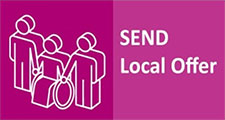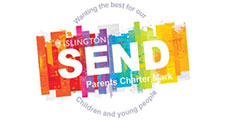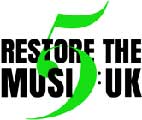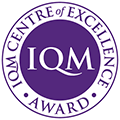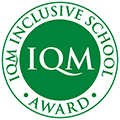Reading Together at Beacon High
We know that reading is so vital for young people and we believe that together, we can ensure they have the reading skills required for their future.
Research shows that reading helps to improve vocabulary, communication skills and also makes us better writers. We all need these skills in life and in our workplace. Consider talking to your child about when you use these skills in your own life and work.
The increase in screen-time and social media has been shown to have decreased our focus and concentration levels as people are so used to flicking between apps and scrolling through various websites. Reading can help counter this by providing one thing to focus on.
Did you know that reading has been proven to reduce stress? In today’s world, helping our children with this is so important. If you’d like support choosing a book for your child, do get in touch with the librarian or visit a website such as www.bookheads.org.uk
Did you know that research shows children who read for pleasure achieve better, regardless of whether their reading material of choice is a novel or magazine? Please do encourage your child to read a variety of texts that they are interested in.
Did you know research shows that a child who reads/is read to for 5 minutes a day will expose them to around 400,000 words a year? Increasing that to 21 minutes exposes them to 1,823,000 words a year. 40 minutes results in 3,646,000 words a year.
KS3 and 4 - Summer Reading Newsletter 2021
KS3 and 4 Reading Newsletter - September 2021
KS3 and 4 Reading Newsletter - November 2021Y7 - 9 Reading Together
Language and Literacy - A Guide for Parents, Carers and Students‘Books are the quietest and most constant of friends; they are the most accessible and wisest of counselors, and the most patient of teachers’. -Charles W. Elio-
A child's reading skills are important to their success in school as they will allow them to access the breadth of the curriculum and improve their communication and language skills. In addition, reading can be a fun and imaginative time for children, which opens doors to all kinds of new worlds for them.
Why is reading so important?
Studies show that reading for pleasure makes a big difference to children’s educational performance. Likewise, evidence suggests that children who read for enjoyment every day not only perform better in reading tests than those who do not, but also develop a broader vocabulary, increased general knowledge and a better understanding of other cultures. Dedicated reading time is built into our curriculum in Year 7 English lessons and further opportunities are given for independent reading across the curriculum.
Reading for pleasure is more likely to determine whether a child does well at school than their social or economic background.
What difference can I make as a parent?
You can make a huge difference! Parents are the most important educators in a child’s life – even more important than their teachers – and it is never too early to start reading together.
Even before they were born, babies learn to recognise their parents' voices. Reading to your baby from birth, even for just a few minutes a day, gives them the comfort of hearing your voice and increases their exposure to language.
![]()
Building vocabulary and understanding
Learning to read is about listening and understanding as well as working out what is printed on the page. Through hearing stories, children are exposed to a wide range of words. This helps them build their own vocabulary and improve their understanding when they listen, which is vital as they start to read. It is important for them to understand how stories work too. Even if your child does not understand every word, they will hear new sounds, words and phrases which they can then try out, copying what they have heard. To support your child with their vocabulary, all teachers will be using a programme called 'PiXL Unlock'; this focuses on the different tiers of vocabulary that your child should access throughout their time at Beacon High:
- Tier 1 words occur frequently in everyday life. Often they are words that people do pick up as they go along.
- Tier 2 words that appear across a range of domains, students may read but are not often used in every day speech, e.g consequential, derive.
- Tier 3 words consist of technical, subject vocabulary specific to a certain discipline of study.
Please do access and use the KS3 and KS4 Word Booklets that are attached to this page to become more familiar with the key words and vocabulary for each subject that your child studies.
Recommended Reading - KS3 and KS4
KS3 & 4 PIXL WORD LISTS
Please see below links to the PiXL Word Lists and Definitions documents for KS3 and KS4.
KS3 & 4 Reading Newsletter May 2022

